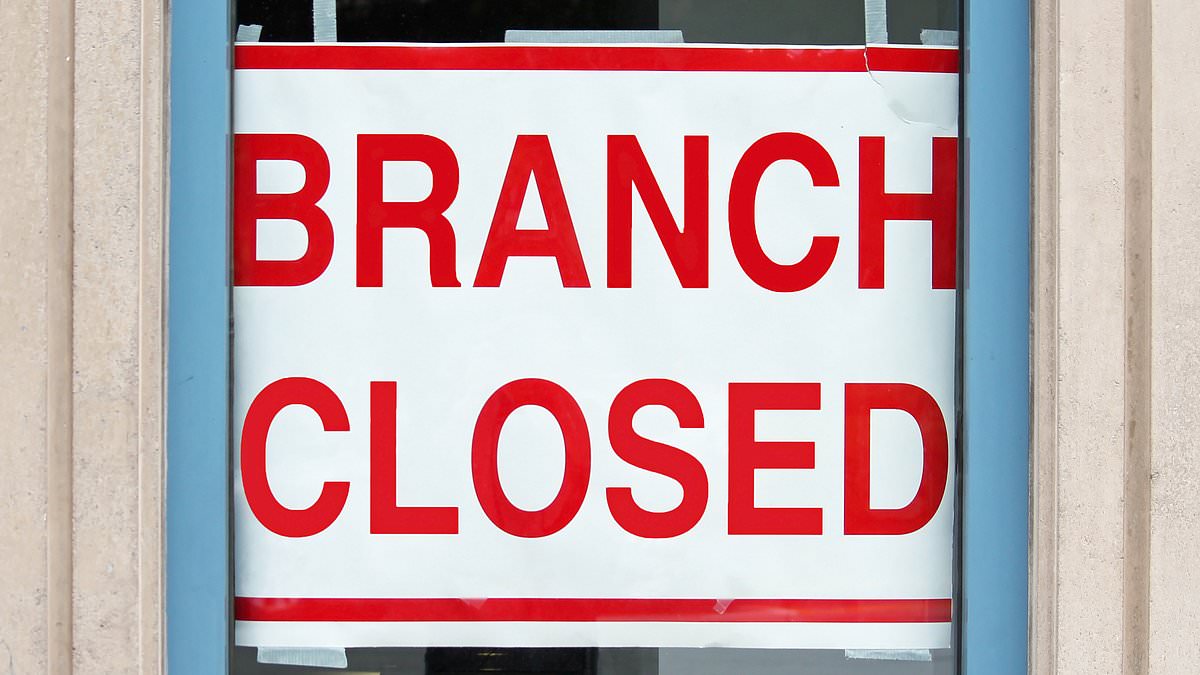Pharmacies, pubs and banks made up half of the nearly 7,000 closures on Britain’s high streets in the first of this year, a report reveals.
On average, 18 chemists, 16 pubs and nine banks shut down every week between January and June, according to research from accountancy firm PwC.
But while convenience stores and coffee shops have also sprung up in their place, and retail parks continue to grow, the new openings do not make up for the emptying high street properties.
So while 4.661 new stores opened up, there was still a net loss of almost 2,300 businesses.
This amounts to a net closure of 12 stores a day, which is slightly higher than the same period last year.
Chemists led the way with 481 net closures in total. Boots axed a number of stores while Lloyds Pharmacy disappeared altogether.
A total of 432 pubs closed over the six month period, with the Stonegate Group – owner of the Slug & Lettuce chain – one of the main victims.
Banks have been closing at a steady rate for a while now as services switch online, and that has continued this year with 247 closures.
More than two decades ago NatWest famously reassured its customers in a TV advert campaign that every local branch won’t be turned into a ‘trendy wine bar’, but no bank has been able to resist this trend in the years since then.
But it seems they are more likely to become a coffee shop than a wine bar, as the likes of Costa and Starbucks saw a net increase of 58 stores.
Convenience stores were the best performing category as supermarkets like Morrisons and Asda opened new 85 outlets.
‘We’ve been measuring this for over a decade now and every year there have been more outlets closing than opening and it predominantly affects High Streets,’ said PwC senior retail adviser Kien Tan.
‘So the reality is that we’re going to have to start thinking of different ways of using and transforming them.’
He said that outside big cities, there was a shift to the ‘convenience of being in the car’, which benefited retail parks at the expense of high streets.
